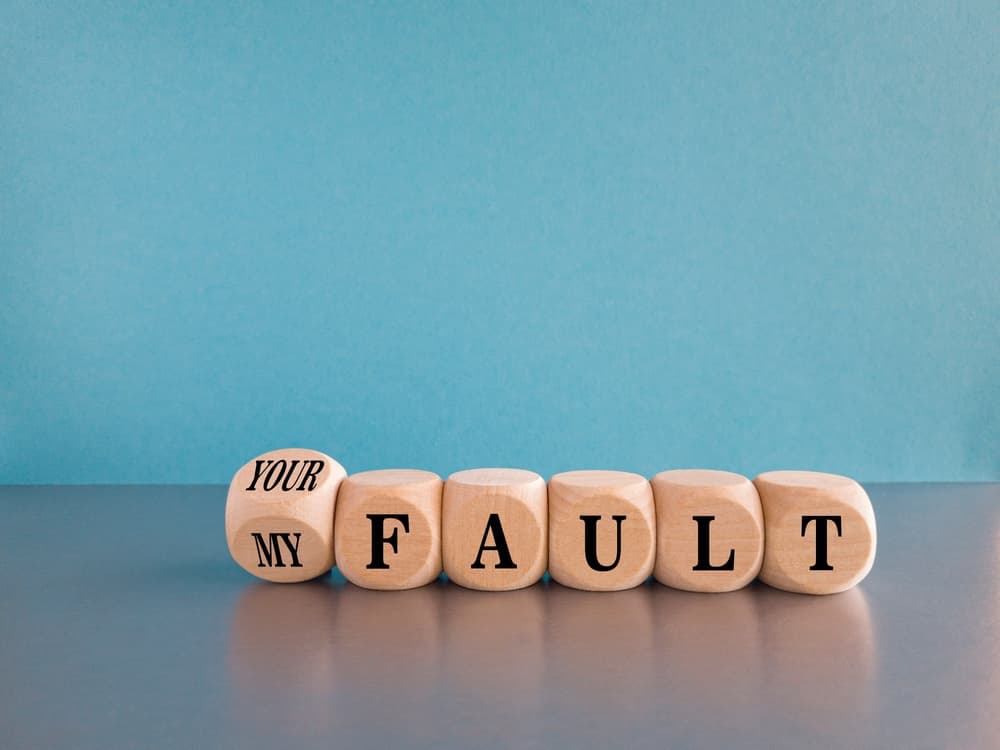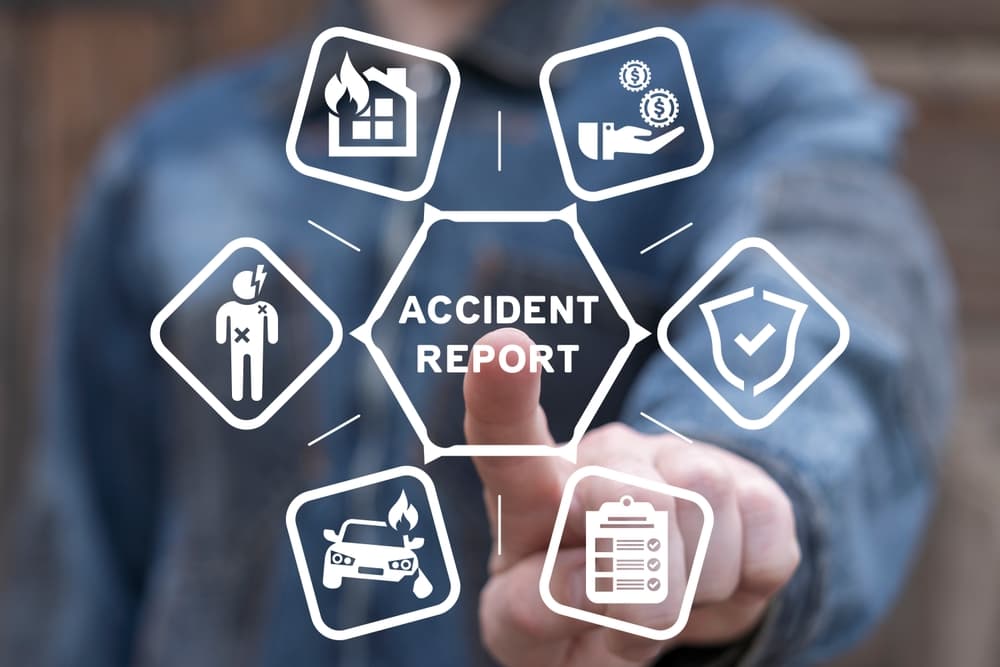Sometimes, being injured by a driver who experienced a medical emergency can be an extremely harmful thing to your injury case. Sudden and unforeseeable medical traumas that impair a driver’s ability to operate his vehicle safely are often chalked up alongside “acts of God” as things where no one is negligent, and no one is liable.
Other times, though, this medical evidence may be something that actually strengthens your case or gives you more opportunities for seeking the compensation you need. To make sure you are getting all the relevant information for your case, and putting it your maximum advantage, be sure you have an experienced San Mateo wrongful death attorney on your side. When a driver experiences a medical emergency or trauma that was unexpected and that the impaired driver couldn’t have anticipated, that is one thing, and it may hurt your case. When, however, the driver has a history of experiencing impairment-causing symptoms due to an existing (and known) medical disorder, then that is a very different circumstance entirely.
The case arising from a fatal East Bay crash that claimed the lives of 51-year-old E.P. and her 72-year-old mother was an example of the latter. The women were killed in Contra Costa County when another driver broadsided the women’s SUV at an intersection. The other driver, J.H., ran a red light and was going 62 mph in a 45-mph zone at the time of the crash. J.H. wasn’t drunk, wasn’t street racing and wasn’t texting. What he was, according to his lawyers in his criminal case, was experiencing a seizure that caused him to lose control and speed through the red light.
That seizure, however, wasn’t a first-time event and it wasn’t a complete surprise. Five months before the fatal crash, J.H. suffered a grand mal seizure aboard a BART train. A month later, he had another grand mal seizure while riding another BART train.
J.H.’s father knew about his son’s seizure disorder and the seizures on the trains. However, even though he co-owned the son’s pickup truck, he did not try to persuade the son to stop driving, didn’t take away the son’s keys and didn’t cancel the auto insurance on the truck (which the father purchased and paid for.) He considered removing his name from the truck’s vehicle registration, but didn’t do that, either.
These facts proved important to the family of the dead women. In their wrongful death lawsuit against both the son and the father, the family asserted that both men were liable for the harm the accident caused. The son, they asserted, was negligent in his operation of the truck. The father was liable under a legal concept called “negligent entrustment.”
The evidence you need to win a negligent entrustment claim in CA
In California, a person can be liable and owe damages in an auto accident, even if they were not driving or were not even there at all, if they negligently gave the at-fault driver the means to drive that day and cause that accident. Specifically, in order to win a negligent entrustment claim, the law in California requires the injured person to show that the party liable for negligent entrustment of a vehicle owned the vehicle in question, that he knew or should have known that the driver was not fit to drive, that he permitted the driver to use the vehicle anyway, and that this decision was a “substantial factor” in causing the accident.
In order to clear that third hurdle, you have to show that the owner had the power to deny the driver access to the vehicle. In J.H.’s case, the jury sided with the family of the dead women. The jury concluded that they had proper proof establishing that the father had this required degree of access to, and control of, the vehicle, even though he was not a named driver of the truck and didn’t possess a set of keys to the truck. Based on that, they found the father 10% liable and set his portion of the total damages at $388,000.
If you have lost a loved one due to a fatal auto accident, you are going through a traumatic, stressful and devastating time. Nevertheless, there are certain bills to pay and financial needs to meet, meaning that protecting your legal rights is also on your mind. As you work to heal your family, let the legal professionals handle your civil court case and pursuit of much-needed compensation. The skilled San Mateo wrongful death attorneys at the Law Offices of Galine, Frye, Fitting & Frangos are here to help, offering clear advice and effective advocacy to achieve positive results. To set up a free consultation with one of our experienced attorneys, contact us at 650-345-8484 or through our website.
A California Family Uses a ‘Negligent Entrustment’ Claim to Hold a Father Liable for His Adult Son’s Auto Accident


